In light of today’s security challenges, it has become clear that instead of forming blocs, the world increasingly needs strong connections and interlinkages, East–West cooperation, connectivity, and a fair, unified, and obstacle-free global trading system.
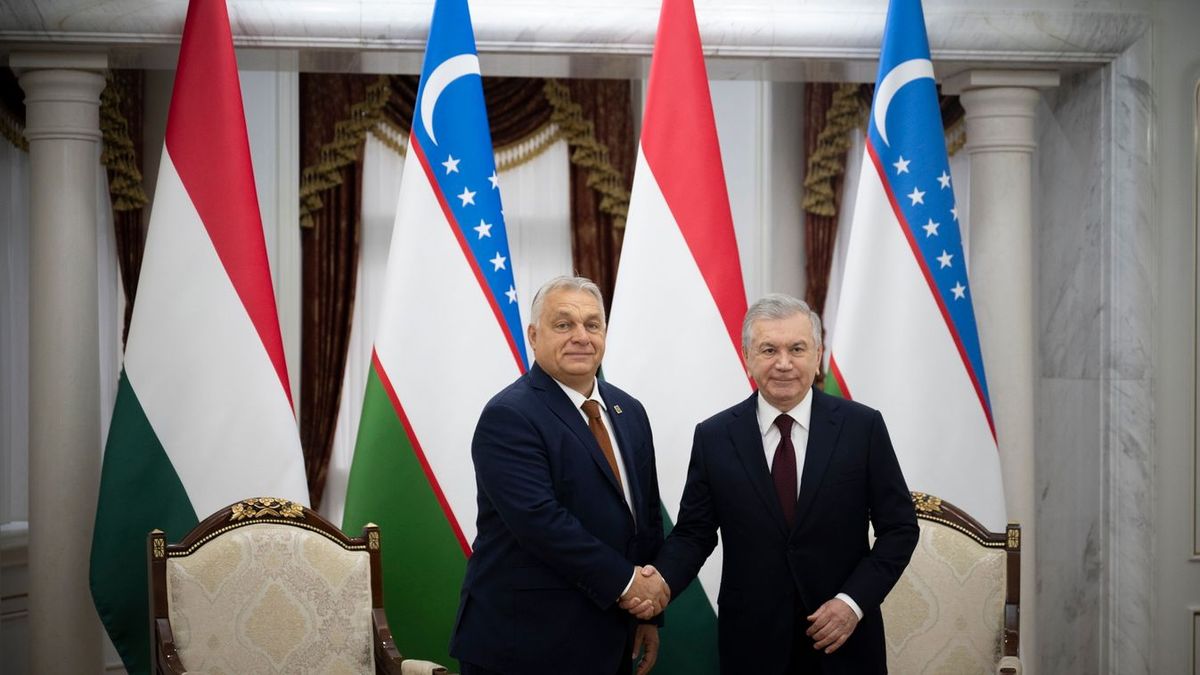
This worldview first appeared in Hungary’s “Eastern Opening” strategy announced in 2010. Alongside East Asia's well-known political and economic powerhouses, this strategy also marked the beginning of Hungary’s engagement with other regions, including Central Asia — coinciding with a revival of the Silk Road ideology.
Recognizing the untapped potential of Central Asian states — which had been relatively unknown until then — Hungary, drawing on shared historical roots as the “most western of the eastern peoples,” has in recent decades served as a bridge akin to the Silk Road, linking Turkic nations with the Western world.
The Organization of Turkic States, composed of five full members and two observers, provides an effective framework for this purpose. It enables member states not only to negotiate with each other but also to join forces in engaging with larger global entities, thereby enhancing their collective influence.
Hungary and Uzbekistan — home to the historic and culturally rich Silk Road cities of Bukhara and Samarkand — enjoy particularly strong relations based on mutual respect and maintain a regular high-level dialogue. Over just the past four years, Prime Minister Viktor Orban and President Shavkat Mirziyoyev have met several times, which in itself reflects the high level of trust between the two leaders. This relationship was further deepened in March 2021 with the signing of a strategic partnership agreement—making Hungary the first EU member state with which Uzbekistan has established such a pact.
In the absence of any open or contentious political issues, this positive atmosphere has paved the way for Hungarian businesses interested in the Uzbek market. And the appetite for investment has already borne fruit.
Over the past five years, trade between the two countries has doubled. Major Hungarian companies, such as OTP Bank, have entered the Uzbek market, and numerous significant projects are underway in the pharmaceutical and chemical industries, agriculture, and — most recently — the telecommunications and IT sectors. Cooperation is also expected to expand into the energy sector.
As a dynamically developing region, Central Asia is becoming increasingly significant to European security and the economy. And as national security and defense capabilities rise in priority, Hungary and Uzbekistan have also begun what is expected to be similarly fruitful cooperation in the defense sector.
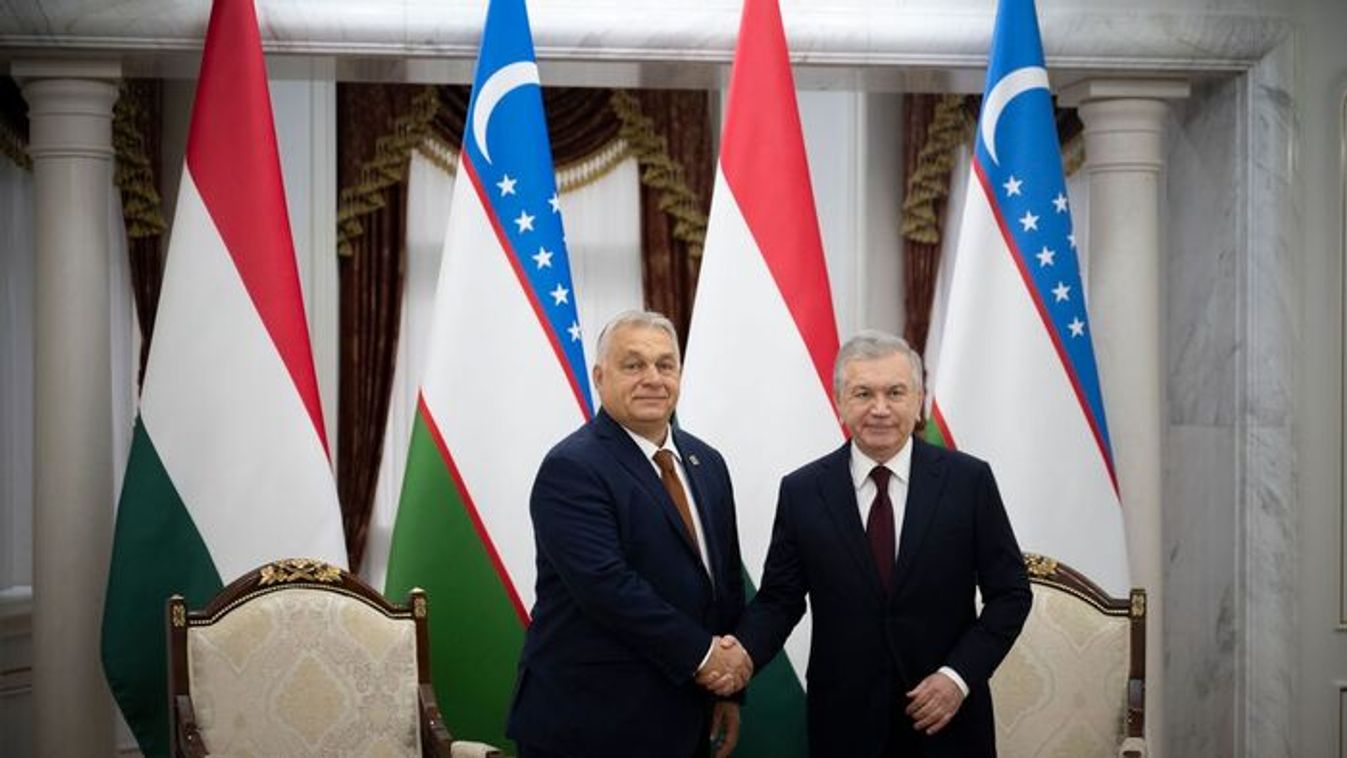
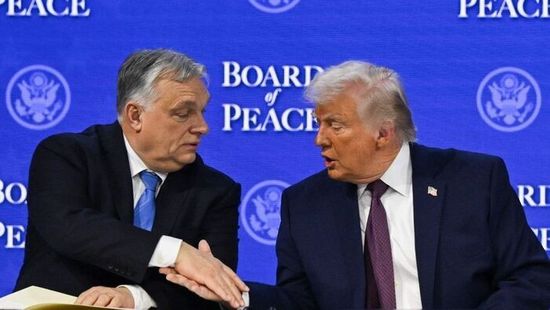


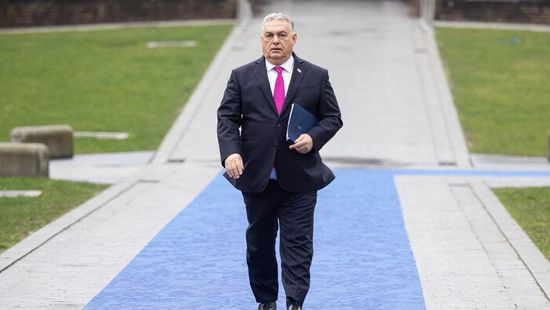

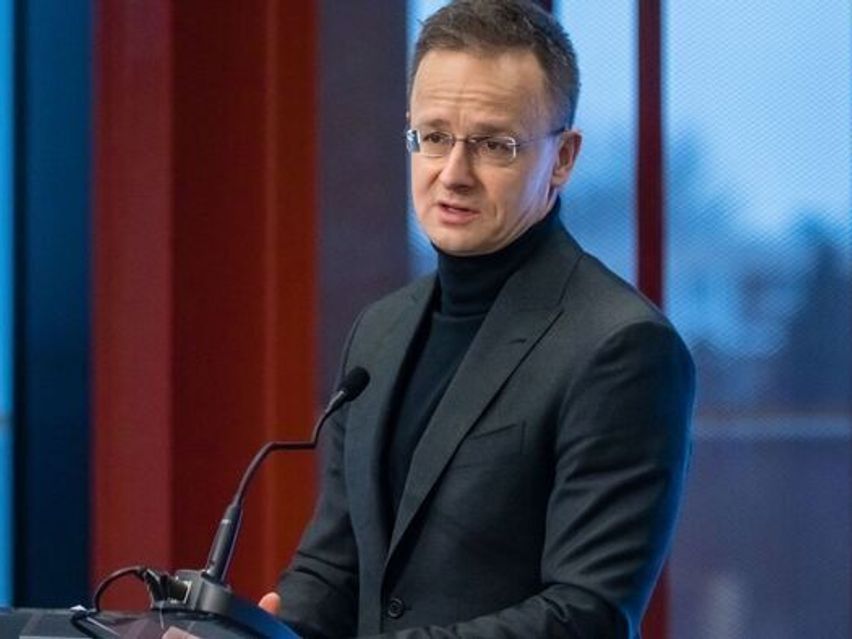




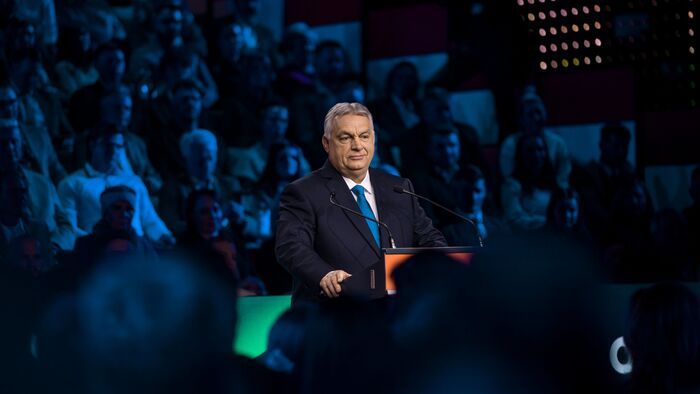



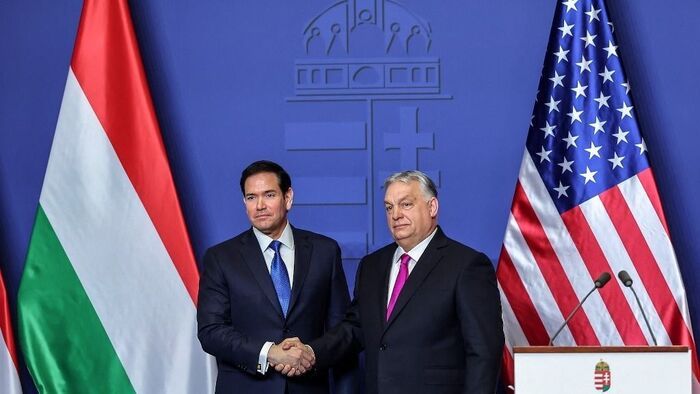

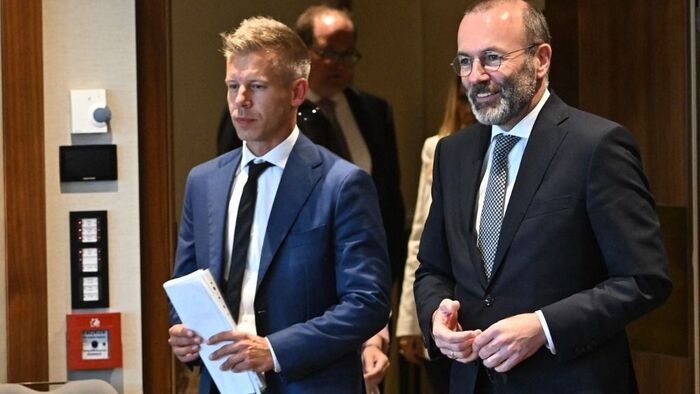





Szóljon hozzá!
Jelenleg csak a hozzászólások egy kis részét látja. Hozzászóláshoz és a további kommentek megtekintéséhez lépjen be, vagy regisztráljon!